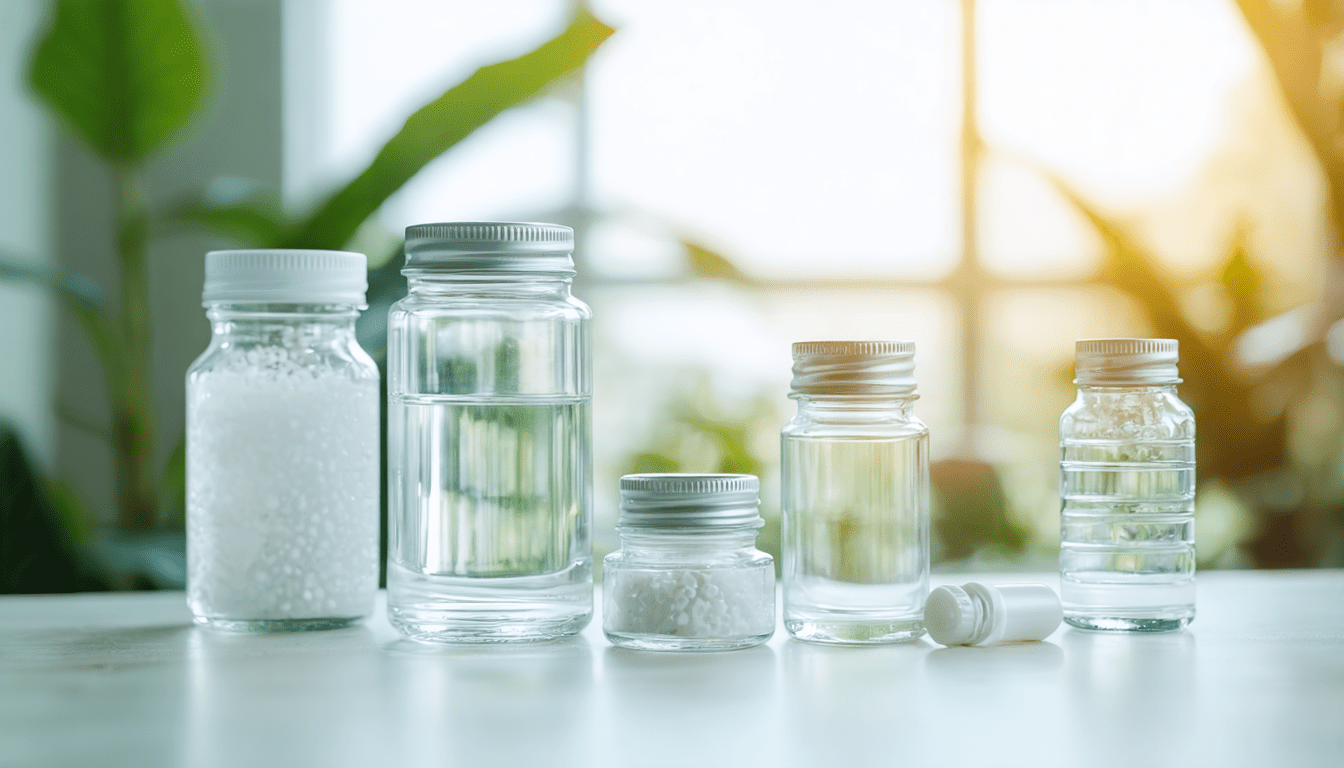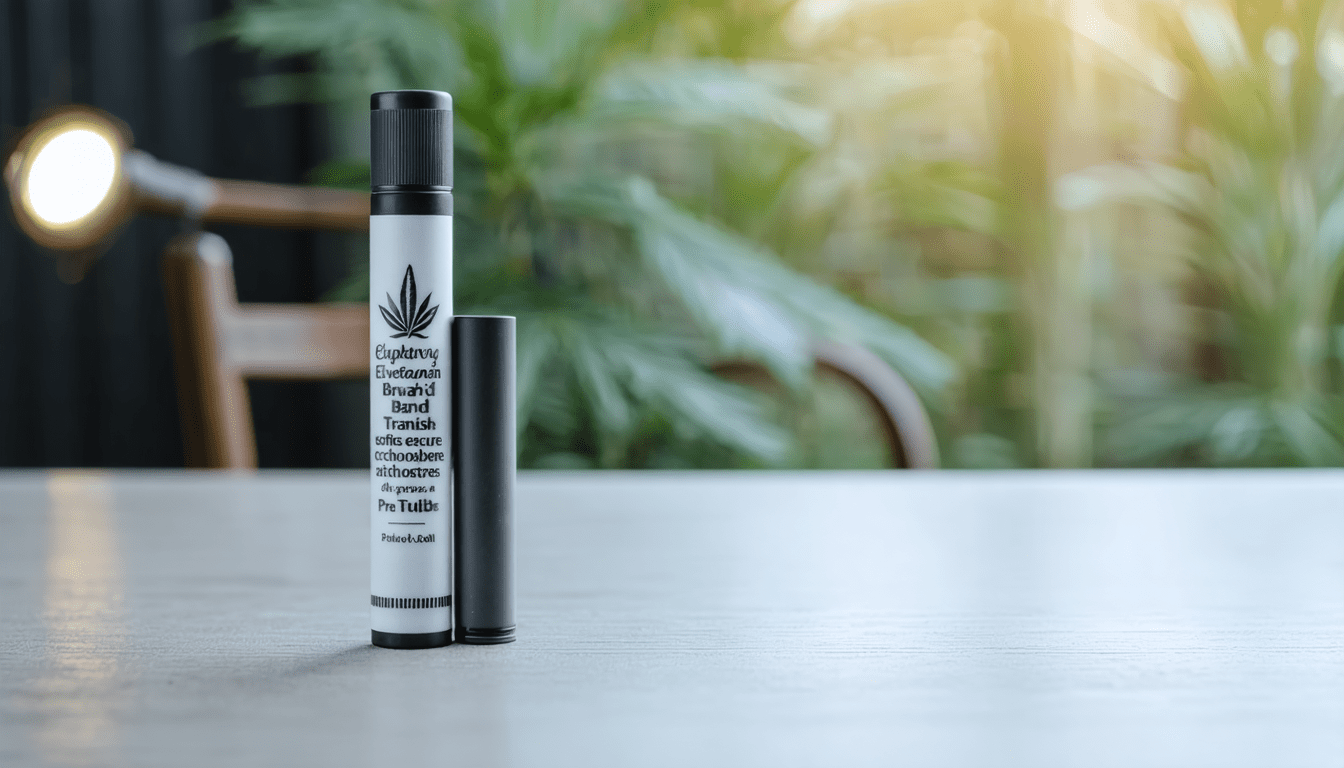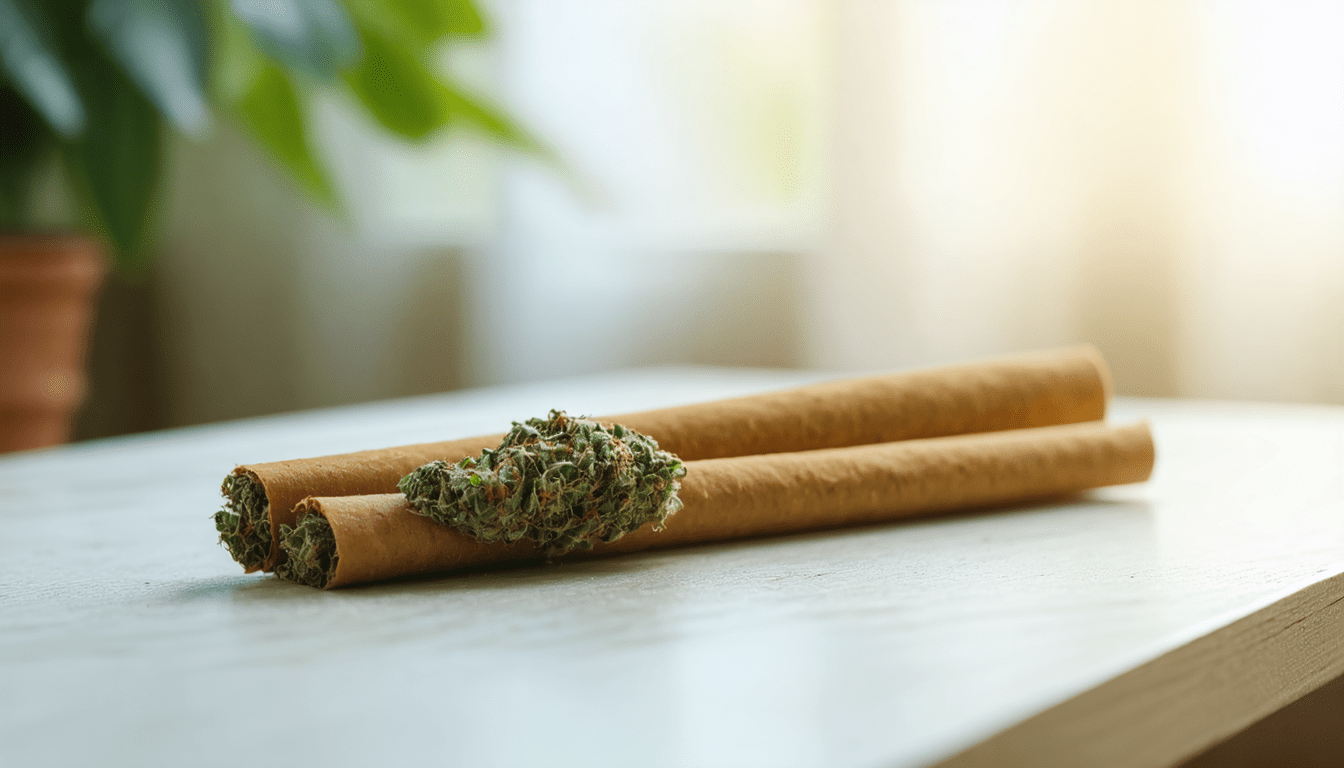Did you know that the global cannabis packaging market is projected to reach a staggering $25.5 billion by 2030? This statistic underscores the immense importance of selecting the right packaging materials for your cannabis products. In this high-stakes game, the choice between plastic and glass jars can make or break your brand's success.
Durability and Longevity
When it comes to durability, glass jars undoubtedly have an edge over their plastic counterparts. The rigid, non-porous nature of glass makes it less susceptible to cracking, leaking, or degrading over time. It's a material that can withstand the test of time, ensuring your cannabis products remain fresh and protected for longer periods.
Plastic jars, on the other hand, are more prone to scratches, dents, and discoloration, particularly when exposed to UV light or extreme temperatures. This vulnerability can compromise the integrity of your packaging, potentially affecting the quality and shelf life of your products. Imagine the disappointment of a customer opening a damaged plastic jar, only to find their precious cannabis has lost its potency or aroma.
Aesthetic Appeal
In the world of cannabis, where aesthetics play a crucial role in brand perception, glass jars offer a level of sophistication that's hard to match. The crystal-clear transparency of glass allows your meticulously curated cannabis strains to take center stage, showcasing their vibrant colors and intricate details. It's like having a miniature art gallery on your shelves.
Plastic jars, while functional, often lack the same visual appeal. Their opaque or semi-transparent nature can obscure the beauty of your products, making it harder for customers to appreciate the craftsmanship that goes into cultivating exceptional cannabis. And let's be honest, there's a certain je ne sais quoi about opening a sleek glass jar that plastic just can't replicate.
Environmental Impact
As the cannabis industry continues to grow, it's vital to consider the environmental footprint of our packaging choices. Glass jars have a clear advantage in terms of sustainability. They are infinitely recyclable, meaning they can be repurposed and reused without compromising their quality. This closed-loop system not only reduces waste but also minimizes the demand for new raw materials.
Plastic jars, on the other hand, present a more complex challenge. While some types of plastic are recyclable, the process is often energy-intensive and can result in downcycling, where the recycled material is of lower quality than the original. Additionally, many plastic jars end up in landfills or oceans, contributing to the growing problem of plastic pollution.
Cost Considerations
Let's address the elephant in the room: cost. Plastic jars are generally more affordable than their glass counterparts, making them an attractive option for budget-conscious cannabis businesses. However, it's essential to weigh the short-term cost savings against the long-term implications of using a less durable and less environmentally friendly packaging material.
Glass jars, while more expensive upfront, can potentially save you money in the long run. Their superior durability means fewer replacements and less product waste due to damaged packaging. Additionally, the premium aesthetic of glass jars can elevate your brand's perceived value, potentially justifying a higher price point for your products.
At the end of the day, the choice between plastic and glass jars for cannabis packaging is a delicate balancing act. It requires careful consideration of factors such as durability, aesthetics, environmental impact, and cost. While plastic jars may seem like a cost-effective solution, their shortcomings in terms of longevity, visual appeal, and sustainability cannot be ignored.
As an industry leader, you have the power to shape the future of cannabis packaging. By embracing glass jars, you not only safeguard the integrity of your products but also demonstrate a commitment to environmental responsibility and a dedication to delivering a truly exceptional customer experience.











Leave a comment
All comments are moderated before being published.
This site is protected by hCaptcha and the hCaptcha Privacy Policy and Terms of Service apply.